Eating Cheese During Breastfeeding – Benefits and Buying Tips
Keeping your cravings under control is a difficult task, especially when you are pregnant. With all the hormones acting up, you tend to come up with cravings for weird food combinations. But keeping your cheesy cravings at bay can be especially hard if you love cheese. However, since pregnancy takes such a toll on your body, you must ensure that everything you eat is nutritionally rich. Breastfeeding and cheese are generally compatible for most mothers. Still, it’s essential to consume cheese in moderation and opt for low sodium and pasteurised varieties to minimise potential risks to the baby. So, if you are craving that hunk of blue cheese but are wondering, “Can you eat blue cheese while breastfeeding?” keep reading to learn more!
Is It Safe to Consume Cheese While Breastfeeding?
Ensuring a balanced diet is crucial during and after your pregnancy. As a lactating mother, it’s essential to pass on all the necessary nutrition to your baby through your breast milk. Considering this, cheese, being a lactose-rich food, can be safely included in your diet while you’re lactating (10). Your doctor can guide you on the types of cheese that are safe to consume. For instance, soft cheeses made with pasteurised milk, like feta, brie, and camembert, are generally safe. So, consult with your doctor and plan a delicious and cheesy post-natal diet for yourself.
Health Benefits of Cheese During Breastfeeding
Pregnant and lactating mothers need to be especially careful of their diet and what they eat since it can directly affect the child. However, if you like cheese, then we have good news! Cheese has many nutritional and health benefits that make it suitable to be included in your post-natal diet plan. Here are a few benefits of cheese for lactating mothers:
- Excellent source of calcium: Hard cheese is an incredibly natural source of calcium. Since pregnancy and breastfeeding lead to bone calcium loss, adding this component to your diet can help you maintain your calcium and Vitamin D levels (2).
- Excellent source of protein: Cottage cheese and hard cheeses are also excellent sources of protein, which can help you stay full and prevent snacking on unhealthy food between meals (1).
- Reduces hypertension: Cheese is another great food to help keep your blood pressure in check since increased calcium intake helps lower your blood pressure (3).
- Excellent source of zinc and biotin: Zinc is necessary for new mothers to recover and heal tissues, helping you recover fast after the nine-month-long struggle. Additionally, biotin can help you maintain your lustrous mane, which probably affects the hormonal turbulence associated with pregnancy.
Varieties of Cheese
Lactating mothers have a lot of options for cheeses to try. With different textures, tastes, and nutritional benefits, you can choose the one that suits your needs or taste palette the most. Some of these types are:
1. Mozzarella
Mozzarella is a typical cheese for pizzas, ideal for the tremendous cheesy pull. However, it has multiple benefits for breastfeeding mothers as well.
Benefits
- It is low in sodium and calories (4).
- It contains Lactobacillus casei and Lactobacillus fermentum, both of which are known for improving gut health, enhancing immunity, and reducing inflammation.
2. Blue Cheese
The bold flavour of blue cheese appeals to very few. However, its nutrition can be highly beneficial for lactating mothers.
Benefits
- It has the highest calcium among all cheeses, containing 33% of the recommended daily intake (RDI) (5).
- Blue cheese reduces the risk of osteoporosis (6).
3. Feta Cheese
This soft cheese is ideal for salads and Mediterranean cuisine. While the salty taste implies high quantities of sodium, it contains one of the lowest calories among all cheeses. This makes eating feta cheese while breastfeeding essential if you have a low calcium intake.
Benefits
- Feta contains conjugated linoleic acid (CLA), which is directly linked to reducing body fat and enhancing body composition (7).
- Feta from sheep’s milk has a greater CLA than goat’s milk.
4. Ricotta
After completing all other cheeses, ricotta is a delectable cheese made from the leftover watery parts of cattle milk. Extremely light in texture, this cheese has many health benefits (8).
Benefits
- Since ricotta is made of whey, it contains massive amounts of amino acids, which enhance milk synthesis through the breasts. This ultimately leads to improved neonatal health and development.
- Due to being easily absorbable, ricotta promotes muscle growth and reduces blood pressure and cholesterol.
Are There Any Types of Cheese You Should Avoid While Breastfeeding?
It’s advisable to avoid consuming unpasteurised cheeses while breastfeeding. Unpasteurised cheese, also known as raw milk cheeses, poses a potential risk of containing harmful bacteria such as Listeria, which can lead to foodborne illnesses for both the mother and the baby. While unpasteurised cheeses may have unique flavours and textures, it’s best to prioritise the health and safety of the mother and the baby by choosing pasteurised alternatives.
Important Tips for Buying Cheese When Breastfeeding
While eating cheese is excellent for lactating mothers, buying genuine and quality cheese is best. So, it would be good to follow these tips to buy the best cheese (9):
1. What to Look For
When you go to buy cheese, you need to look out for the ingredients made with it. Organic cheese is always better than processed cheese, especially for lactating mothers who pass on nutrition to the baby through their milk. So, always look for organic cheeses.
2. Ensure the Best Quality
While organic cheese is always one of the best options, you can go further for grass-fed cheese. Grass-fed cheese is made from the milk of cattle feeding on grass. This guarantees extra nutrients and benefits for both mother and child.
3. Where to Buy From
Supermarkets and online stores may be your go-to when buying cheese. However, when it comes to your child, you want the very best, so buying from genuine farms is your best bet at getting the purest cheese. So, go to your local farms or browse the internet for organic farms and get your cheese fill from them.
FAQs
1. Will eating cheese while breastfeeding affect my baby’s digestion?
Eating cheese in moderation is safe for most babies and should not disrupt digestion. However, it’s important to be observant. If you notice any signs of discomfort or allergies in your baby after consuming cheese, such as fussiness, gas, or changes in stool, you should limit your cheese intake or consult a doctor.
2. Can certain cheeses enhance breast milk production?
While no direct evidence suggests that specific cheeses can increase breast milk production, some nursing mothers believe that lactogenic foods, including cheese, may have a positive impact. Foods rich in protein and calcium, like cheese, can contribute to maternal nutrition, essential for lactation. However, individual responses may vary, and it’s necessary to maintain a balanced diet rather than relying solely on specific foods to boost milk supply.
3. How can I incorporate cheese into my breastfeeding diet in a healthy way?
There are many ways to include cheese in your breastfeeding diet while maintaining a healthy balance. Opt for low-fat or reduced-sodium varieties to minimise excess saturated fat and sodium intake. Incorporate cheese into meals and snacks, such as adding grated cheese to salads or sandwiches, using cheese as a topping for whole grain crackers or vegetables, or enjoying cheese in moderation as part of a balanced meal.
4. Can eating cheese cause allergies in breastfed babies?
While allergies to cow’s milk proteins are relatively common in infants, it’s rare for a baby to develop an allergic reaction to cow’s milk through breast milk alone. However, if you have a family history of food allergies or notice signs of allergic reactions in your baby after consuming cheese or other dairy products, such as eczema, hives, or vomiting, consult a paediatrician for guidance on potential dietary modifications or allergy testing.
Pregnancy and breastfeeding are times when you must pay special attention to your diet. Cheese for breastfeeding moms can be a nutritious and convenient snack option, providing essential nutrients like calcium and protein to support maternal health. So, consult your doctor and choose from the many kinds of cheese to include in your diet. Depending on your body’s needs, the right cheese can help you recover faster while providing your baby with better nutrition.
References/Resources:
1. Nutrition Tips for Breastfeeding Mothers; UCSF Health; https://www.ucsfhealth.org/education/nutrition-tips-for-breastfeeding-mothers
2. Healthy eating for breastfeeding; nidirect; https://www.nidirect.gov.uk/articles/healthy-eating-breastfeeding#toc-1
3. Nilsen. R, Pripp. A. H, Høstmark. A. T, Haug. A, Skeie. S; Effect of a cheese rich in angiotensin-converting enzyme-inhibiting peptides (Gamalost(®)) and a Gouda-type cheese on blood pressure: results of a randomised trial; PubMed Central; https://www.ncbi.nlm.nih.gov/pmc/articles/PMC4976624/; August 2016
4. Cheese, mozzarella, whole milk; U.S. DEPARTMENT OF AGRICULTURE; https://fdc.nal.usda.gov/fdc-app.html#/food-details/170845/nutrients
5. Cheese, blue; U.S. DEPARTMENT OF AGRICULTURE; https://fdc.nal.usda.gov/fdc-app.html#/food-details/172175/nutrients
6. Osteoporosis; California Orthopaedic Association; https://coa.org/docs/2010-Annual-Meeting/PublicForum/Handout%20-%20Osteoporosis.pdf
7. Zlatanos. S, Laskaridis. K, Feist. C, Sagredos. A; CLA content and fatty acid composition of Greek Feta and hard cheeses; Food Chemistry; https://www.sciencedirect.com/science/article/abs/pii/S0308814602001590
8. Azarashkan. Z, Motamedzadegan. A, Ghorbani-HasanSaraei. A, Biparva. P, Rahaiee. S; Investigation of the physicochemical, antioxidant, rheological, and sensory properties of ricotta cheese enriched with free and nano-encapsulated broccoli sprout extract; PubMed Central; https://www.ncbi.nlm.nih.gov/pmc/articles/PMC9632186/
9. TIPS FOR CHEESE LOVERS; American Cheese Society; https://www.cheesesociety.org/i-heart-cheese/tips-for-cheese-lovers/
10. Faley. K; Foods to avoid while breastfeeding; OSF HealthCare; https://www.osfhealthcare.org/blog/breastfeeding-diet-tips-less-fussy-baby/
Also Read:
Eating Peanuts during Breastfeeding
Consuming Eggs while Breastfeeding
Consuming Spicy Food in Breastfeeding
Is It Safe to Have Protein Powder While Breastfeeding
Was This Article Helpful?
Parenting is a huge responsibility, for you as a caregiver, but also for us as a parenting content platform. We understand that and take our responsibility of creating credible content seriously. FirstCry Parenting articles are written and published only after extensive research using factually sound references to deliver quality content that is accurate, validated by experts, and completely reliable. To understand how we go about creating content that is credible, read our editorial policy here.






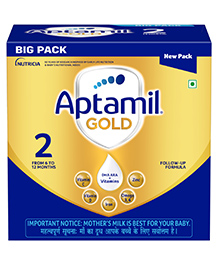
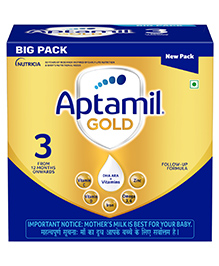
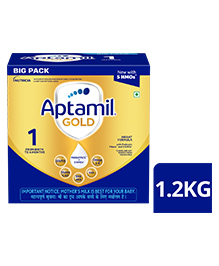
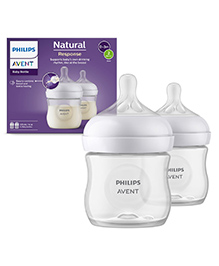
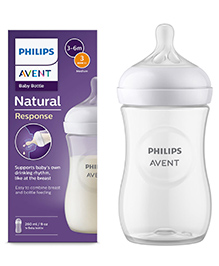
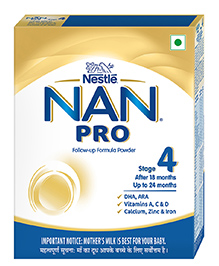
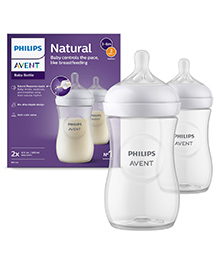
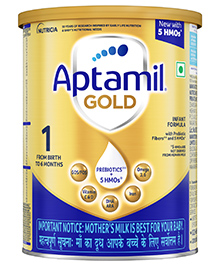
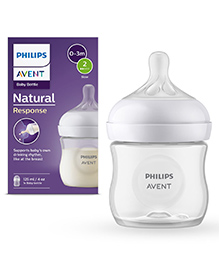
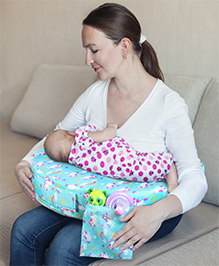
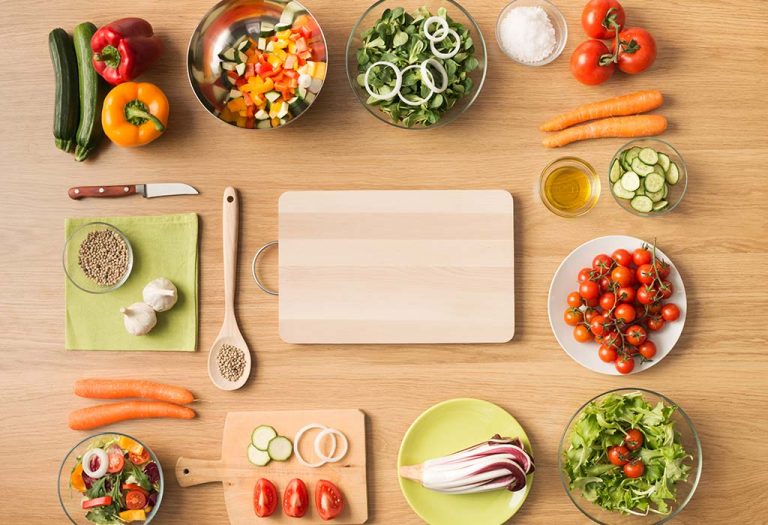


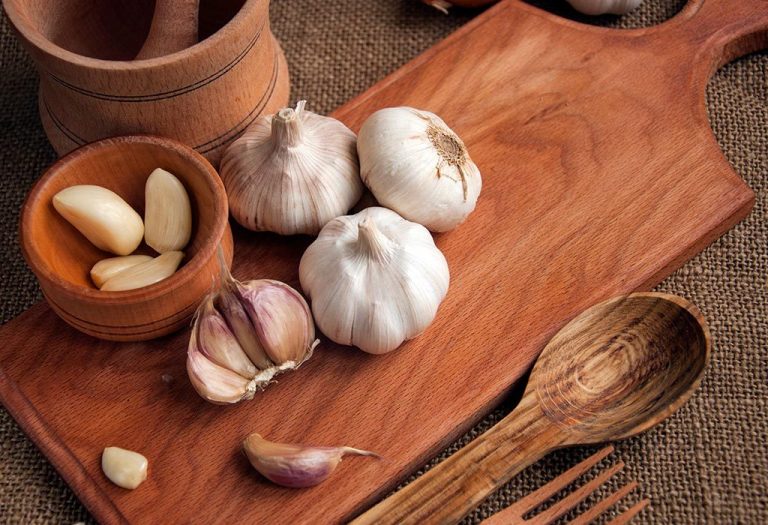



.svg)


















